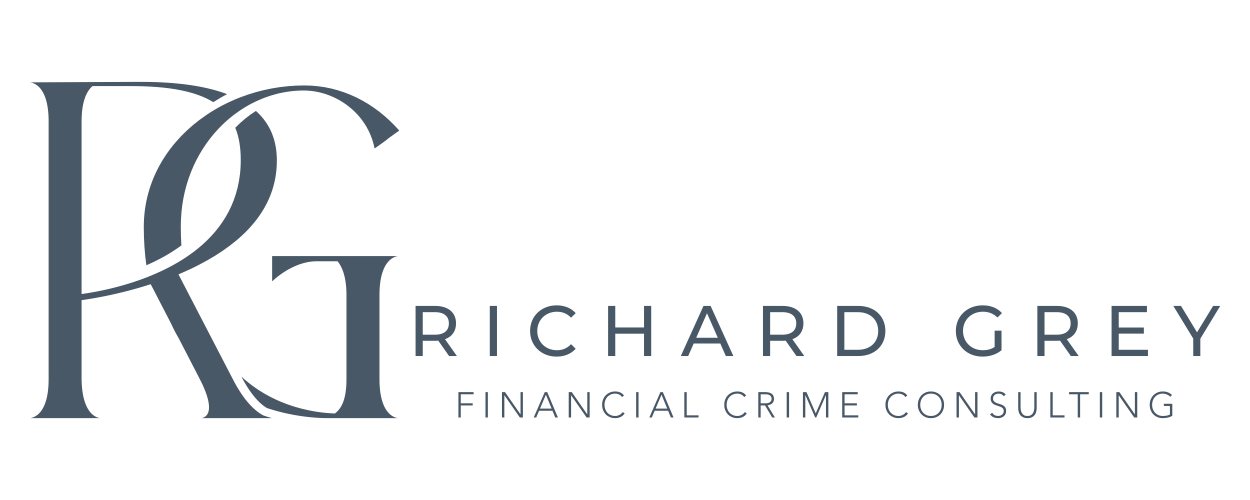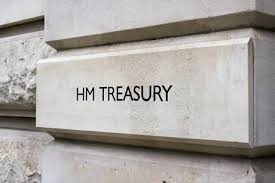Believing that the era of cash is over would be the equivalent of believing that unicorns exist, and that politicians never lie. According to UK Finance, cash is the second most commonly used payment method in the UK, falling behind payments made by Debit or Credit card. Now, more than ever, it is vital for cash intensive businesses to ensure they have an extensive AML programme in place.
Any compliance professional will tell you that whilst not every cash transaction is done so with criminal intent, cash will still feature at some stage in the money laundering process. Businesses that deal with a large volume of cash are considered more vulnerable to illicit funds being mixed with legal money, in order to launder it into the financial system.
For those new to the industry, or who aren’t aware, there are three stages in the money laundering process. These are:
- Placement: this is the process of putting funds obtained from criminal activity, into the financial system;
- Layering: is the process of hiding the source of these funds, often by moving them through various different financial transactions, in a short period of time;
- Integration or Extraction: the final stage is the point at which the money launderer will want to use or obtain their funds, in a manner that does not arouse the suspicions of the authorities.
So, what does this mean for businesses that are more cash intensive, and how can those businesses mitigate their money laundering risks? Discovering that a small, family owned restaurant is depositing thousands of pounds on a daily basis, might raise the eyebrow of a compliance officer, but would anyone else think that this is unusual for what is most likely a cash intensive business?
As we can see from the three stages of money laundering, mixing illicit funds with legally obtained money allows criminals to easily launder their money without raising red flags with the authorities.
By putting together a comprehensive AML system, small regulated businesses can help mitigate themselves against being the unwitting aide to the money laundering criminal. Whilst these recommendations will not be of much use to the example of the small family owned restaurant I gave earlier in this article, they will be of use to the possibly regulated, but still cash intensive business such as car dealerships, casinos or law firms.
Know Your Customer and AML Programmes
A well structured and comprehensive KYx and AML programme is vital for businesses that receive large cash payments. In some instances, such as law firms, it may even be a regulatory requirement made by your regulatory body.
Can you honestly say that you know who you’re doing business with? Are you relying on an eye-ball check of a passport or driving licence to try and confirm an individuals identity? These are not ideal methods in this day and age, where a fake identity document can be easily purchased for a relatively small amount of money.
Technology now means that implementing a strong KYx and AML programme is easier than ever. When used in conjunction with a well thought out risk matrix, it should not provide much friction to the transactional process, but may just help you and your business end up on the wrong side of a regulatory investigation.
There are many RegTech products on the market at the moment that can help you ensure you achieve your KYx and AML goals. The author has a vast amount of experience in using these technologies to help companies reach regulatory compliance, so for more information, please get in touch.
Maintain Accurate Cash Records
An audit trail is crucial to ensure that any possible illicit funds do not merge with legally obtained cash. These records must contain detailed records of all transactions, detailing at a minimum, who, when, where, why, and how much. This will ensure that any regulatory investigation is not impeded through poor record keeping.




